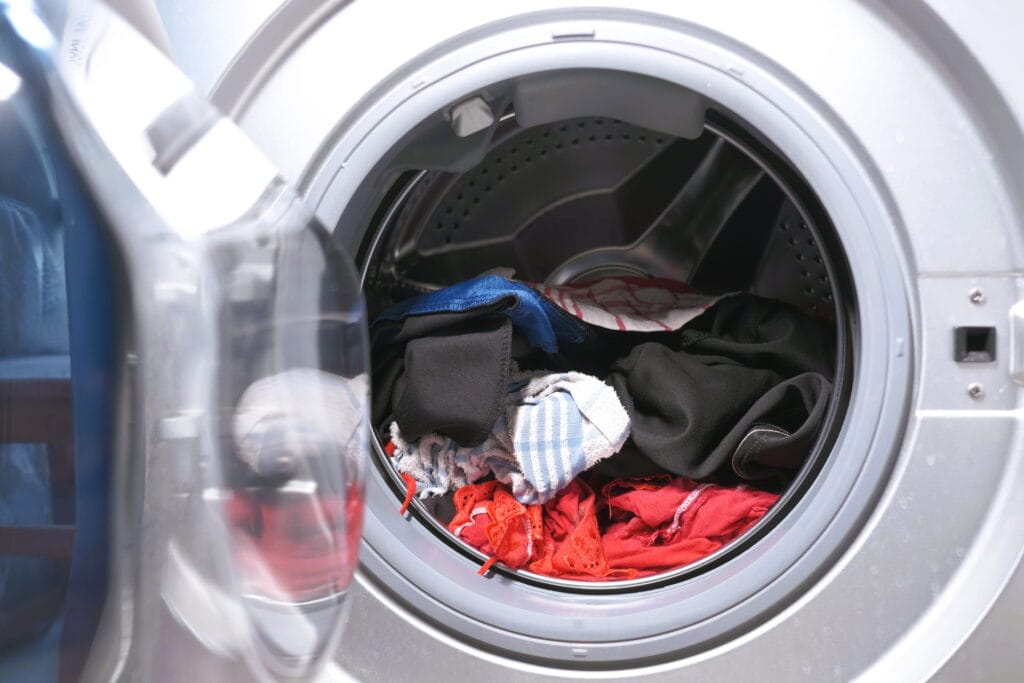Home appliances make daily life more convenient, but they are not immune to wear and tear. Recognizing when an appliance needs repair is essential to avoid major breakdowns or replacement costs. Knowing the signs of trouble allows you to act quickly and preserve the efficiency of these machines. This guide explains the most common warning signs and what they mean for your appliances.
Unusual appliance noises explained
When appliances start making strange noises, it’s often a sign that something is wrong. A refrigerator may begin humming louder than usual, or a washing machine could make a grinding sound during the spin cycle. These noises might seem minor, but they usually point to worn-out components that need attention. Ignoring them can result in more extensive damage over time.
- Grinding sounds in washing machines often indicate worn bearings.
- A buzzing refrigerator may signal a failing compressor or clogged coils.
- Clunking noises in dishwashers are frequently caused by loose parts or blocked spray arms.
Poor performance issues identified
Reduced performance is another red flag that your appliance needs repair. A dryer that takes longer than normal to dry clothes or a dishwasher that leaves residue on dishes are clear indicators of underlying problems. Often, these issues stem from blocked filters, faulty components, or improper maintenance. Addressing these concerns early can restore the appliance’s efficiency.
- Dishwashers leaving spots on glasses may have a clogged spray arm or filter.
- Refrigerators struggling to cool could have worn door seals or a broken thermostat.
- Dryers that overheat or fail to dry clothes effectively may have a malfunctioning heating element.
Leaks and water damage problems
Leaks are among the most obvious signs of trouble, and they should never be ignored. Puddles of water near appliances like dishwashers, refrigerators, or washing machines often indicate broken seals, clogged hoses, or cracks in the structure. If left unchecked, these leaks can cause water damage to floors, cabinets, or electrical components.
- Dishwashers leaking from the door usually have damaged seals.
- Refrigerators with water pooling underneath may have a clogged defrost drain.
- Washing machines leaking during a cycle often have loose or damaged hoses.

Overheating and electrical problems
An overheating appliance or one emitting a burning smell can pose serious safety hazards. These symptoms often indicate electrical issues, such as frayed wiring or overheating motors, which can lead to fires if not addressed promptly. If you notice excessive heat during operation or a burnt odor, it’s crucial to stop using the appliance and contact a professional.
- Burning smells during operation could signal a short circuit in the wiring.
- Excessive heat from ovens or microwaves may indicate faulty temperature regulators.
- Sparks or flickering lights during use are signs of electrical problems that need immediate attention.
Unresponsive or inconsistent controls
Malfunctioning controls are another common problem with appliances, especially modern ones that rely on touchscreens or electronic interfaces. If buttons or knobs fail to respond, or if the appliance turns on and off erratically, it could point to issues with the control board or internal wiring. Ignoring these signs often leads to complete system failure.
- Faulty control panels in microwaves may prevent users from selecting functions.
- Dishwashers that don’t start despite pressing buttons often have damaged circuit boards.
- Refrigerators with inconsistent temperature settings may have malfunctioning thermostats.
Energy bill spikes and inefficiency
A sudden increase in your energy bill is often linked to inefficient appliances. When an appliance isn’t working as it should, it consumes more energy to achieve the same output. This inefficiency not only increases your costs but also shortens the appliance’s lifespan. Regular maintenance and timely repairs can prevent this from happening.
- Dirty refrigerator coils force the motor to work harder, using more energy.
- Dishwashers with clogged filters or broken spray arms consume more water and electricity.
- Air conditioners with refrigerant leaks or damaged compressors significantly increase utility bills.

What you can learn from these signs
By recognizing these warning signs, you can take action before minor issues become costly repairs or lead to appliance replacement. Whether it’s a noisy washing machine, a leaky dishwasher, or an inefficient refrigerator, each problem has a solution if addressed quickly. Acting promptly preserves the life of your appliances, ensures they run efficiently, and helps avoid unnecessary expenses.
Key Takeaways for Identifying Appliance Repairs
- Strange noises, reduced performance, and leaks are all signs that repairs are needed.
- Electrical issues, unresponsive controls, and higher energy bills indicate underlying problems.
- Prompt repairs save money, prevent breakdowns, and extend the lifespan of your appliances.
Frequently Asked Questions About Appliance Repairs
1. How long should appliances typically last before needing repairs?
Most appliances last between 8–15 years, depending on the brand and maintenance. Regular servicing can extend their lifespan significantly.
2. Are DIY appliance repairs safe to attempt?
Simple tasks like cleaning filters may be safe, but most repairs require professional expertise to avoid voiding warranties or causing further damage.
3. What should I do if my appliance smells like burning?
Stop using the appliance immediately and unplug it. Contact a repair technician to inspect and resolve any electrical or mechanical issues.
4. How often should I schedule maintenance for household appliances?
Annual maintenance is recommended for most appliances. Heavily used items like refrigerators or HVAC systems may benefit from biannual inspections.
5. Can delayed repairs really cause energy bills to rise?
Yes, inefficient appliances work harder to perform basic tasks, consuming more energy and increasing utility bills. Timely repairs ensure they run at optimal efficiency.
By staying alert to these common warning signs, homeowners can address appliance issues early, reducing the likelihood of expensive repairs or replacements. A proactive approach to maintenance and repairs not only saves money but also ensures the appliances you rely on continue serving your household effectively.

